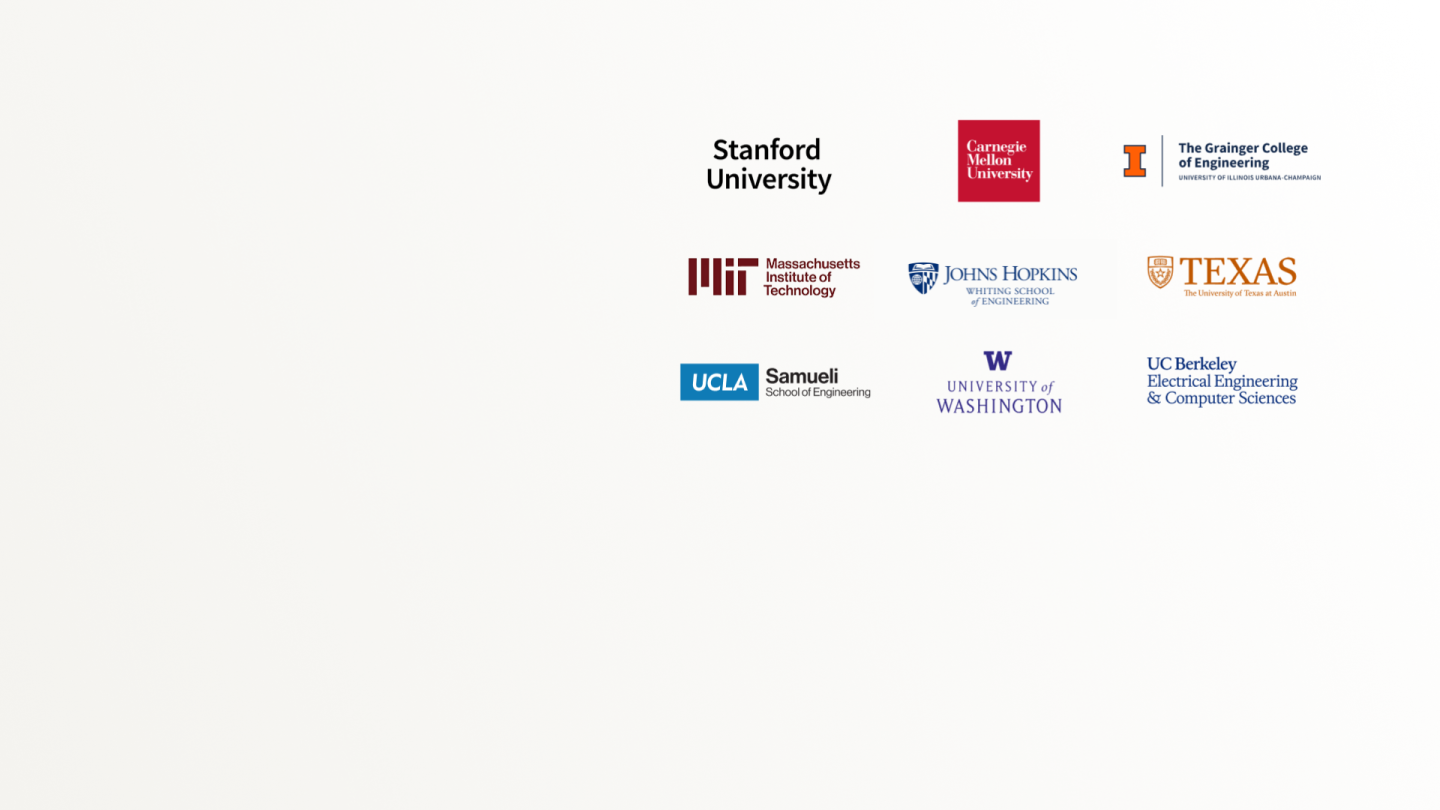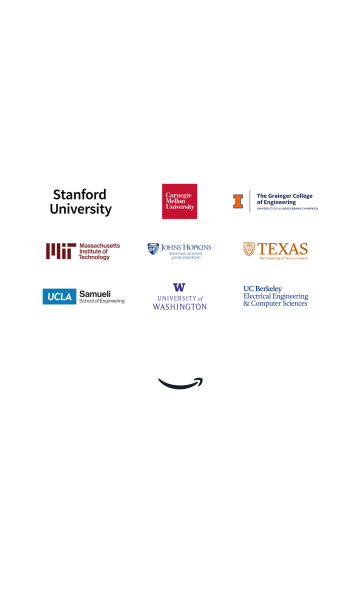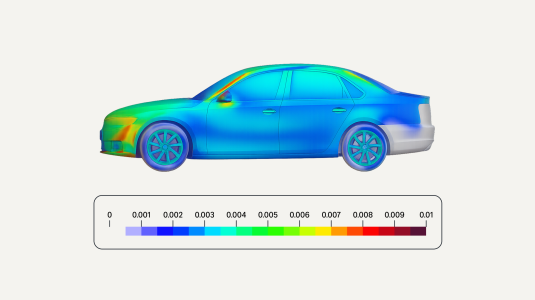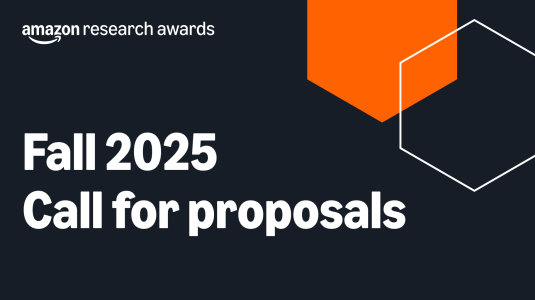Customer-obsessed science


Research areas
-
September 26, 2025To transform scientific domains, foundation models will require physical-constraint satisfaction, uncertainty quantification, and specialized forecasting techniques that overcome data scarcity while maintaining scientific rigor.
-
Featured news
-
2025The growing excitement around the ability of large language models (LLMs) to tackle various tasks has been tempered by their propensity for generating unsubstantiated information (hallucination) and by their inability to effectively handle inconsistent inputs. To detect such issues, we propose the novel task of Query-Conditioned Natural Language Inference (QC-NLI), where the goal is to determine the semantic
-
2025While textless Spoken Language Models (SLMs) have shown potential in end-to-end speech-to-speech modeling, they still lag behind text-based Large Language Models (LLMs) in terms of semantic coherence and relevance. This work introduces the Align-SLM framework, which leverages preference optimization inspired by Reinforcement Learning with AI Feedback (RLAIF) to enhance the semantic understanding of SLMs
-
2025We introduce Conversational Function-Calling Evaluation Through Turn-Level Interactions (CONFETTI), a conversational benchmark designed to evaluate the function-calling capabilities and response quality of large language models (LLMs). Current benchmarks lack comprehensive assessment of LLMs in complex conversational scenarios. CONFETTI addresses this gap through 109 human-simulated conversations, comprising
-
CHI 20252025In this paper, we advance the study of AI-augmented reasoning in the context of Human-Computer Interaction (HCI), psychology and cognitive science, focusing on the critical task of visual perception. Specifically, we investigate the applicability of Multimodal Large Language Models (MLLMs) in this domain. To this end, we leverage established principles and explanations from psychology and cognitive science
-
2025Vision-Language Models (VLMs) excel in diverse visual tasks but face challenges in document understanding, which requires fine-grained text processing. While typical visual tasks perform well with low-resolution inputs, readingintensive applications demand high-resolution, resulting in significant computational overhead. Using OCR-extracted text in VLM prompts partially addresses this issue but underperforms
Conferences
Collaborations
View allWhether you're a faculty member or student, there are number of ways you can engage with Amazon.
View all














































